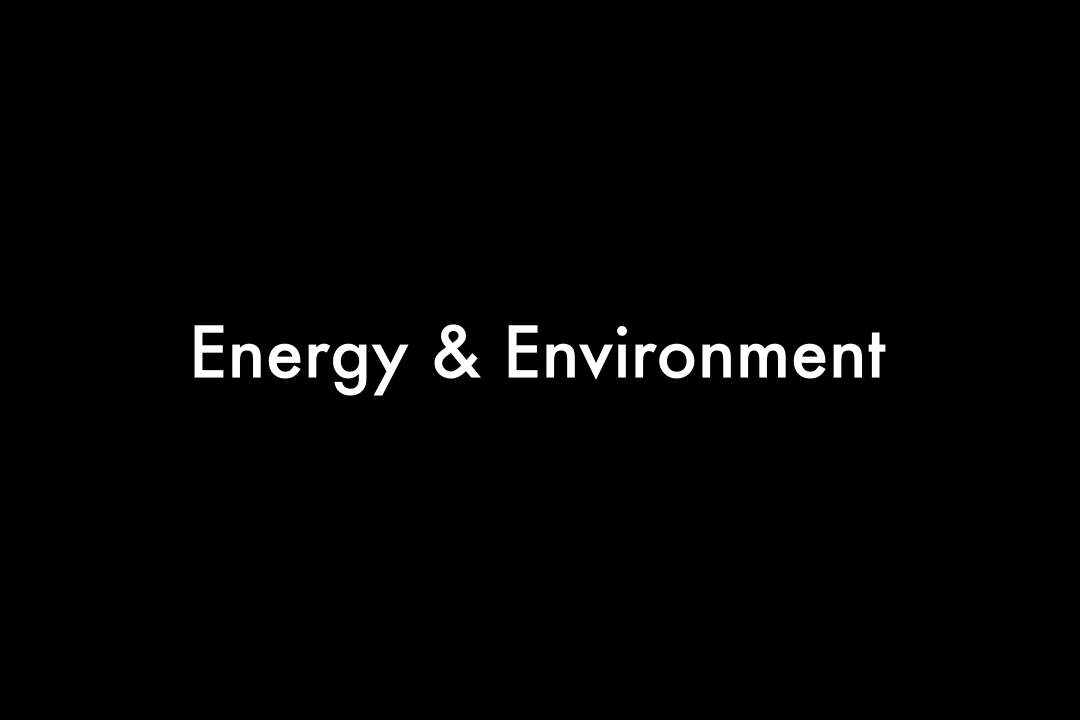
Smart energy system is one of the important infrastructures for building smart city. Waste to energy (WtE) is an innovative solution using municipal solid waste (MSW) as a source for electricity. This research was conducted to design WtE Plant in Depok and to asses economic viability of different business models. The technologies applied in WtE are anaerobic digestion and gas engine to generate electricity. The simulation was conducted using SuperPro Designer and UniSim Design software to evaluate the technical performances of electricity production from organic solid waste. The feasibility of project implementation of various business models are evaluated through economic analysis. The result of this study shows that the organic fraction of municipal solid waste in Depok has potential to generate electricity up to 28 MW. From economic aspect, pay off business scheme greatly affects the value of NPV and IRR. Meanwhile, the intervention scheme on fiscal incentives and low loan interest rate have slight effect on IRR values. A combination of Viability Gap Fund (VGF) and increased tipping fees intervention scheme is an optimum business scheme to build WtE plant and achieve electricity price below the offtaker’s willingness-to-pay.
